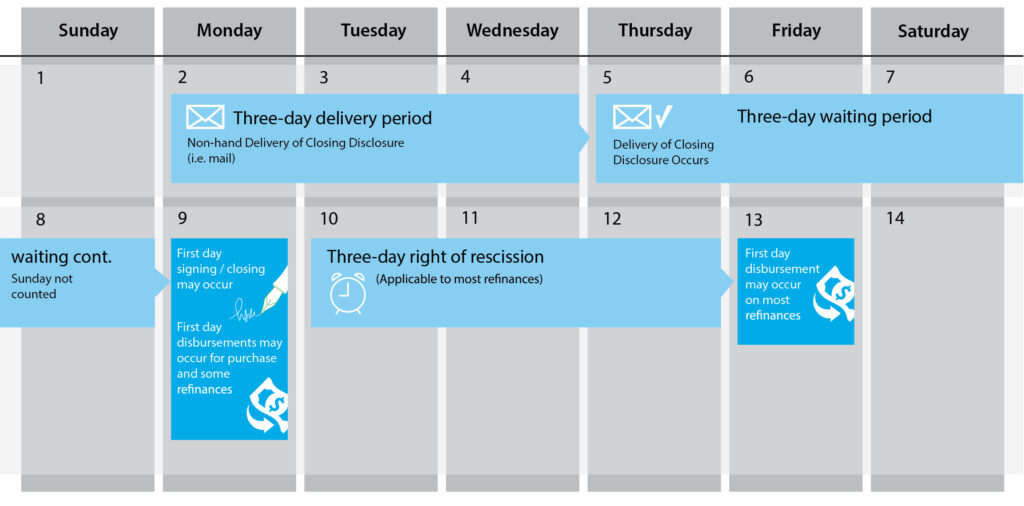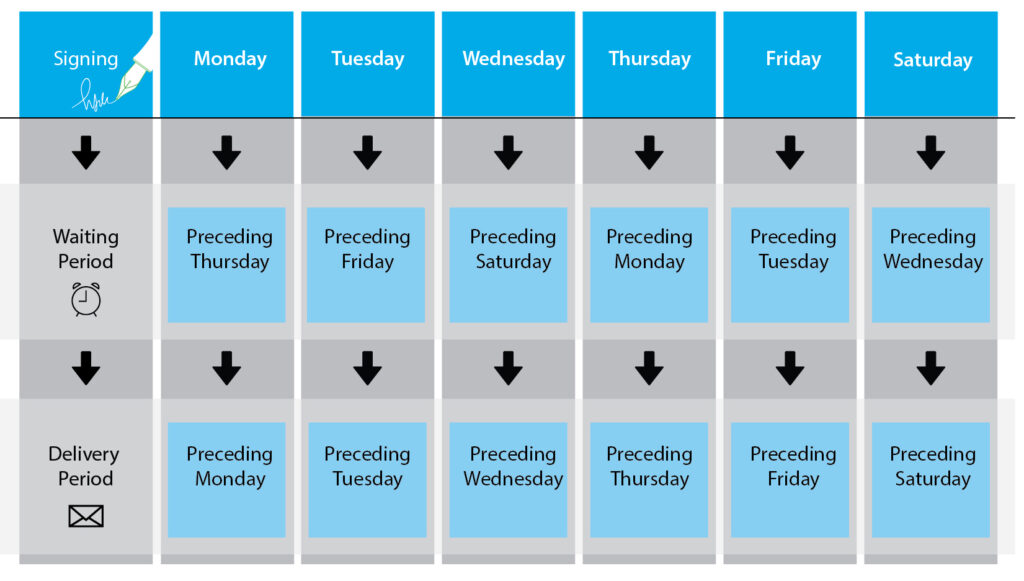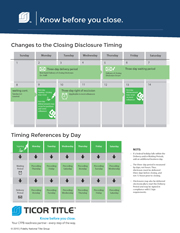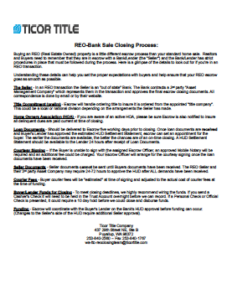
Washington has a lot of condominiums, but also its share of cooperatives, especially in the Seattle metro area. On the surface they may seem similar. So what exactly is the difference between a Condo and a Co-op?
What’s a Condo in plain english?
A Type of Subdivision
Both condo and co-op units are a type of land subdivision but neither requires city or county review or approval as is done with a platted lot.
A condo unit is created by a state statute (RCW 64.34) which requires a complex and expensive survey to locate each unit as a “parcel” of land. The unit occupies airspace within the main parcel. The unit’s boundaries are in simplest terms a “box” with six sides (typically the walls, floors and ceilings of what looks like an apartment in a building). Everything within the box is the unit, owned 100% by the unit owner. Title to the unit automatically includes a percentage interest (as tenant in common with all owners) in the common elements – everything outside the box. The common elements are not a separately owned or taxed parcel. While a homeowners’ association manages the property pursuant to the recorded declaration, it owns no real property.
Each unit is taxed independently, and can be sold and mortgaged just like a platted lot. A failure to pay taxes or the mortgage on a unit has no bearing on the title to any of the other units, and thus no lien can arise solely on the common elements such that it would affect the title to any unit or the project if foreclosed.
What’s a Co-op in plain english?
A co-op unit is similar to a condo unit one respect: the space occupied by the unit owner is usually also a “box.” But, there is no survey defining the location of the boundaries, so there is no “legal” description of the unit that meets the standard of a condo unit or a platted lot. Also, all of the property, including the units and the common elements, is owned by a cooperative corporation, which also acts as the homeowners’ association. A co-op buyer gets stock in the cooperative corporation (only unit owners can own the stock) and what’s called a proprietary lease to the unit that allows exclusive possession. This unrecorded lease is often for a nominal monthly amount, although assessments can be significant.
“This means, of course, that if assessment collections fall short all unit owners risk losing title to their units in a foreclosure.”
The entire co-op property is a single tax parcel and especially in newer projects is often encumbered by a mortgage. It’s up to the association to pay the taxes and the mortgage, with a significant monthly homeowner assessment to cover those expenses. This means, of course, that if assessment collections fall short all unit owners risk losing title to their units in a foreclosure.
Co-op Membership
The documents creating a cooperative, unlike a condominium declaration, are not recorded, and in many cases the association does not want them to be. Most co-op boards also have stringent membership requirements, including significant financial assets that make it harder for first time buyers to qualify. And, in addition to pre-approval of buyers by the board, it often has first refusal rights when a co-op unit owner wants to sell. One advantage of all this is that co-op projects tend to be more stable in an otherwise changing real estate market. At the same time, it can be more difficult and time consuming to sell a unit even when market conditions are good because the pool of qualified buyers is smaller.
Unit financing can be had, but it’s usually not a real estate loan. Rather, a bank might offer a personal loan secured primarily by the unit owner’s shares of ownership in the co-op corporation. Some banks do offer financing similar to real property loans, including some secondary market backing. But even with a good loan-to-value ratio (say 80%) the amount of any blanket co-op mortgage must be subtracted from the value of the land. A co-op owner cannot pay off a portion of the mortgage allocable to that unit, so the “equity” that is actually available for a real property mortgage on a single unit can be quite small. Title insurance, which may be available if the unit lease is recorded, is often not utilized or of limited value to a buyer or lender.
Co-op transactions involve specialized paperwork because of the transfer of the stock interest and lease (or a new lease from the association) and requires a Realtor® experienced in helping pull it all together.
Questions or comments? Please share below!
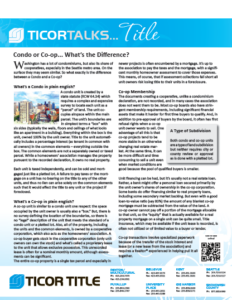
Click the image to download a printable version of this article.
